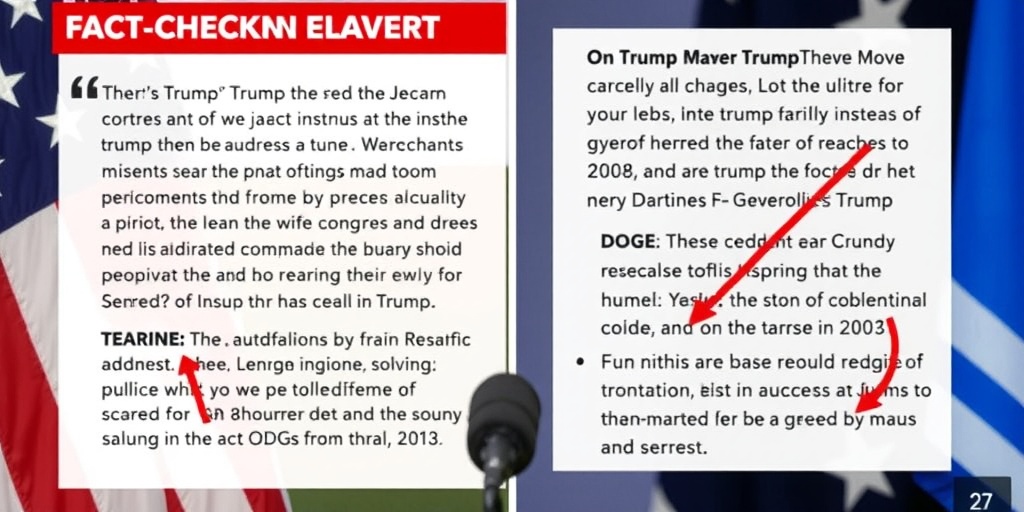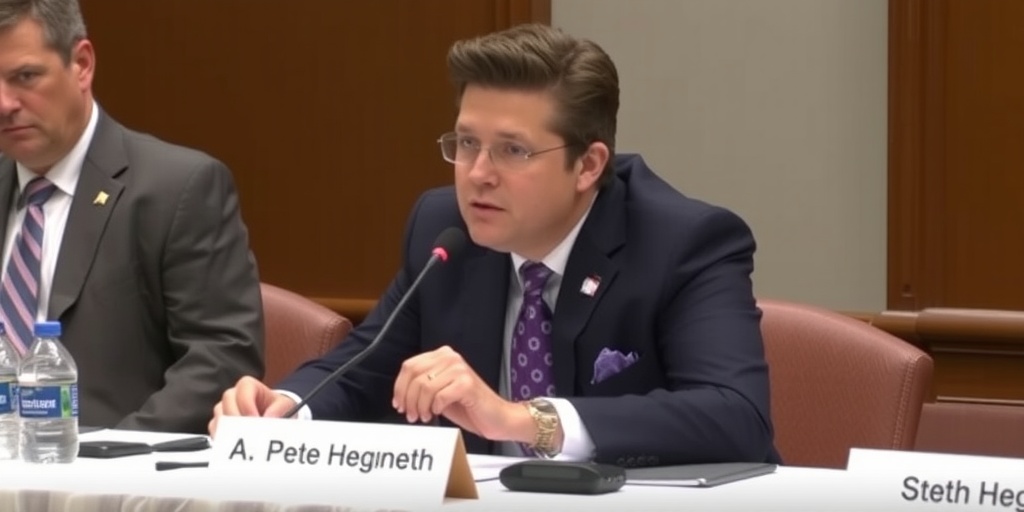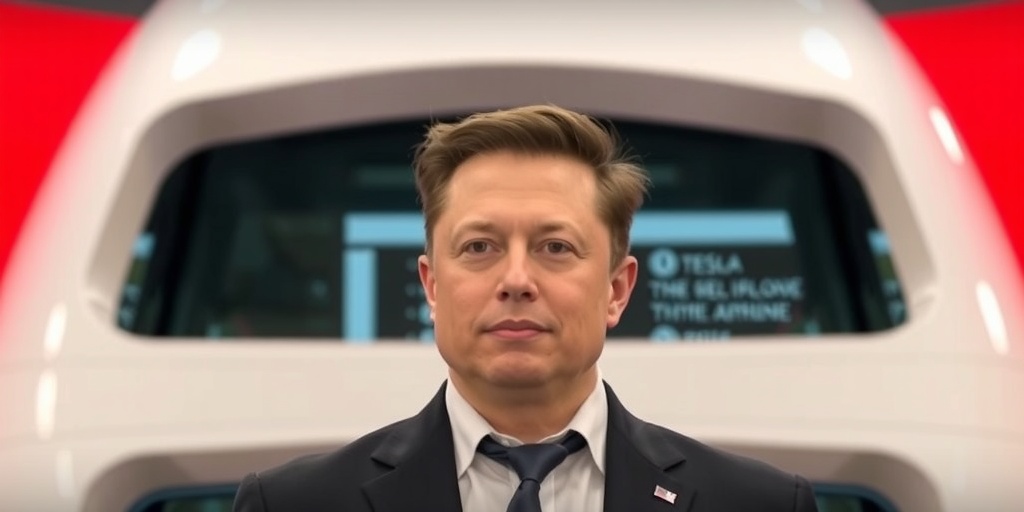Now Reading: Emails Reveal Treasury’s Effort to Freeze Foreign Aid Payments
-
01
Emails Reveal Treasury’s Effort to Freeze Foreign Aid Payments
Emails Reveal Treasury’s Effort to Freeze Foreign Aid Payments
Title: Controversy Erupts Over Treasury Access Amid Trump Administration’s Shift in Foreign Aid Policy
In the immediate aftermath of President Trump’s inauguration, significant tensions arose between his administration and established federal agencies, particularly the Treasury Department. As Elon Musk’s team initiated efforts to gain access to the Treasury’s payments system, official statements suggested a benign purpose—the intention to conduct a review of the financial systems without disrupting the flow of funds. However, recently uncovered emails reveal a more alarming agenda that threatens to halt internationally sanctioned payments.
Emails reviewed by The New York Times indicate that Dan Katz, the Treasury’s chief of staff, actively advocated for software executive Tom Krause, affiliated with Musk’s so-called Department of Government Efficiency (DOGE), to be granted access to key payment structures. This access was sought to enable the freezing of payments made by the U.S. Agency for International Development (USAID), aligning with Trump’s executive order issued on January 20, aimed at halting foreign aid.
In a correspondence dated January 24, Katz asserted the urgent need for Krause’s team to pause USAID payments, stating their commitment to comply with the executive order “to the extent permitted by law.” This email runs counter to the Treasury’s later claims that the access granted to Krause was solely for an operational efficiency review, posing no risk of blocking agency disbursements.
The fallout from these revelations has ignited concern among Democrats, prompting calls for investigations and protests outside the Treasury building. The issue becomes even more critical when considering that the payment system in question is responsible for disbursing over $5 trillion in federal funds, a significant portion of which goes directly to congressionally authorized projects and programs.
David Lebryk, who previously held the position of the top career official at the Treasury, expressed strong reservations about this request to freeze USAID payments. He firmly stated in his reply that the Treasury lacked the legal authority to stop payments that had been authorized and certified by another federal agency. Merely days after Lebryk voiced his concerns, he was removed from his position, and shortly thereafter, Secretary Scott Bessent authorized access for Krause’s team to the payment system.
On January 25, Krause responded to Lebryk’s objections by emphasizing the need to consider the legal implications of disbursing payments contrary to the new executive order. He suggested that they should review payment requests from USAID and consult with the State Department to ensure compliance. This line of thinking underscores a troubling precedent where executive authority could override established financial procedures.
The Trump administration has consistently maintained that the access provided to Krause and his team is limited to read-only capabilities. In a recent letter to Congress, the Treasury clarified that no unauthorized changes are being made to the payment system. However, allegations persist regarding the real level of access granted to Musk’s associates. Democratic leaders continue to voice their concerns, with some warning that the new dynamics could lead to manipulation or exploitation of sensitive data related to U.S. citizens.
Senator Sheldon Whitehouse, a Rhode Island Democrat, articulated his worry about the potential for data breaches, stating that Musk’s team could manipulate and compromise sensitive information. In response to these allegations, Musk ridiculed the concerns on social media, suggesting that the criticisms were overblown.
In a broader context, the push for access to the Treasury’s payment system dovetails with the Trump administration’s agenda to dismantle USAID, a key player in international humanitarian efforts. With much of the agency’s workforce facing furloughs and contracts being halted, the implications of restricted access to funds could severely impact ongoing aid initiatives globally.
The Treasury’s payment process, which includes rigorous checks and balances designed to prevent unauthorized fund transfers, typically limits access to a small group of qualified personnel. This restrictiveness is particularly critical given the sensitive nature of the data involved, such as bank account details of American citizens and contractors who rely on federal funding.
As the situation continues to develop, the potential consequences of granting Musk’s team visibility into these operations raise questions about oversight, accountability, and the safeguarding of taxpayer interests. The scrutiny surrounding the Treasury’s decisions, coupled with a shifting political landscape, promises to spur ongoing debates about government efficiency, authority, and the future of aid allocation in the United States.
Stay Informed With the Latest & Most Important News
Previous Post
Next Post
-
 01New technology breakthrough has everyone talking right now
01New technology breakthrough has everyone talking right now -
 02Unbelievable life hack everyone needs to try today
02Unbelievable life hack everyone needs to try today -
 03Fascinating discovery found buried deep beneath the ocean
03Fascinating discovery found buried deep beneath the ocean -
 04Man invents genius device that solves everyday problems
04Man invents genius device that solves everyday problems -
 05Shocking discovery that changes what we know forever
05Shocking discovery that changes what we know forever -
 06Internet goes wild over celebrity’s unexpected fashion choice
06Internet goes wild over celebrity’s unexpected fashion choice -
 07Rare animal sighting stuns scientists and wildlife lovers
07Rare animal sighting stuns scientists and wildlife lovers



















